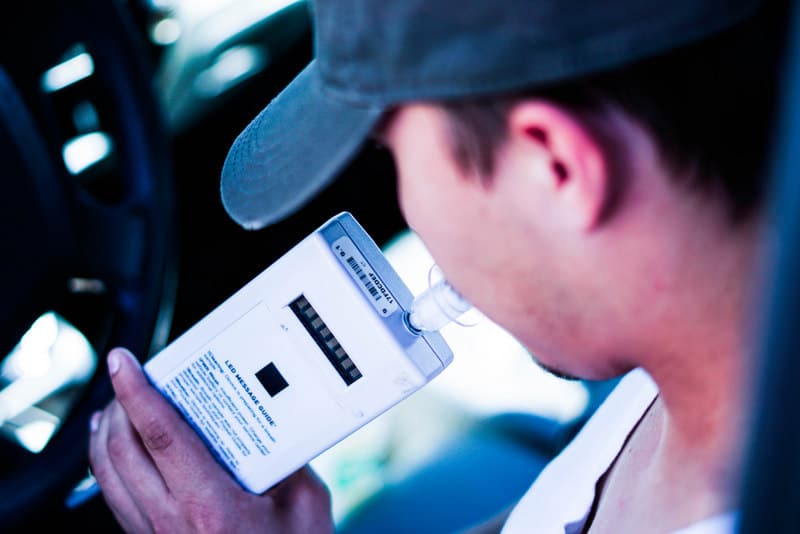What Is Deemed Consent? Do You Have The Right To Refuse To Take A Blood Or Breathalyzer Test
Part 1 of 3

The general consensus among police officers and the justice system is that a driver gives unspoken consent to submit to these tests according to Section 724.011 of the Texas Transportation Code. The section basically states that any person who was driving a car in a public place while they were intoxicated, that such person is deemed to have consented to the taking of a specimen of either breath or blood for analysis to determine the concentration of alcohol, drugs, or controlled and dangerous substances.
This gives the impression that a person has consented purely by the act of having a legal driver’s license. This is however not the case and further analysis of the statute shows that consent is provisional on a police officer providing a proper “statutory warning”. A statutory warning must consist of the following information that must be provided to the driver both verbally and in writing:
- Refusing to submit will result in a said refusal being used as evidence in any subsequent prosecution.
- Refusal to submit will result in the immediate and automatic suspension of a person’s driver’s license for a period of no less than 6 months or 180 days. This suspension will be enforced whether prosecution results from the arrest or whether the person is found guilty or innocent of the charges brought against them.
- The officer requesting the specimen may approach the court to grant an immediate warrant to provide them with the necessary authority to take the specimen without consent from the driver of the vehicle.
- A minor under the age of 21 years who submits to a specimen being taken and where said specimen provides evidence of any detectable amount of alcohol in the person’s body, the license to operate a vehicle will be automatically suspended for a period of no less than 60 days. However, complying with the taking of a specimen and if the sample shows a lower level of blood alcohol concentration than specified by the Penal Code, Chapter 49, they may face less harsh penalties as provided for in the Penal Code.
- Any adult (a person over the age of 21 years) who submits to a specimen being taken by an authorized law enforcement officer and where the analysis of said specimen finds a blood alcohol concentration that exceeds the levels that are specified in Chapter 49 of the Penal Code, the driver will face an automatic suspension of their license to operate a motor vehicle for a period of no less than 90 days. This suspension will continue to be enforceable even if the arrest does not result in a subsequent prosecution.
- if a police officer determines that an individual is without a license to drive a vehicle, and is a resident of that state, that department has the ability to deny this individual a license to drive, whether the person is prosecuted after an arrest, under the same conditions, during that period which would apply to a person’s driver’s license being revoked if that individual had a state licensed drivers license; and
- the individual will be given the right to a fair hearing upon the suspension of, or denial of, if it is not after the 15th day after which the person receives the denial or suspension notification or if they have received notice by mail, the department receives, headquartered in Austin, a written demand, including fax, or any other request in a different form that is recommended by the department as related to the hearing.
So what does this mean with regard to deemed consent and the law?
Basically, it means that a person does have the right to refuse to take a breathalyzer and/or blood test if they are willing to face the penalties that are associated with refusal. Refusal will not shine positively on the defense if an arrest does lead to prosecution and the driver may be forced to take the tests by a warrant giving a law enforcement officer the authority to take a specimen regardless of the refusal to submit.
It is therefore not recommended to refuse to submit to providing a blood or breath specimen, even if your lawyer advises you to do so.
Give Jim a call today and let him give you a free consultation so that you can get the help that you need. You can contact Jim for your free consultation! Click here for the second article in this series.
